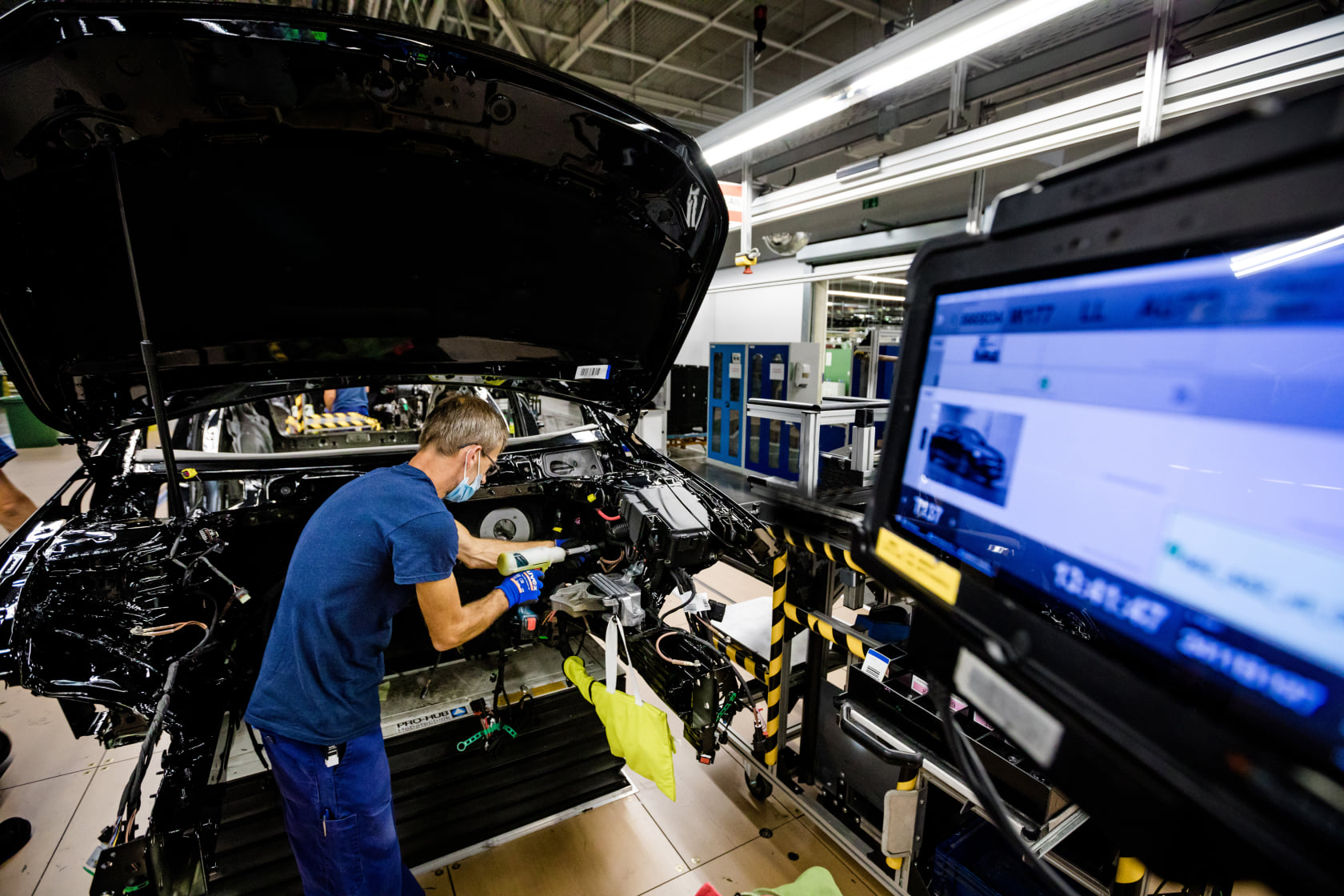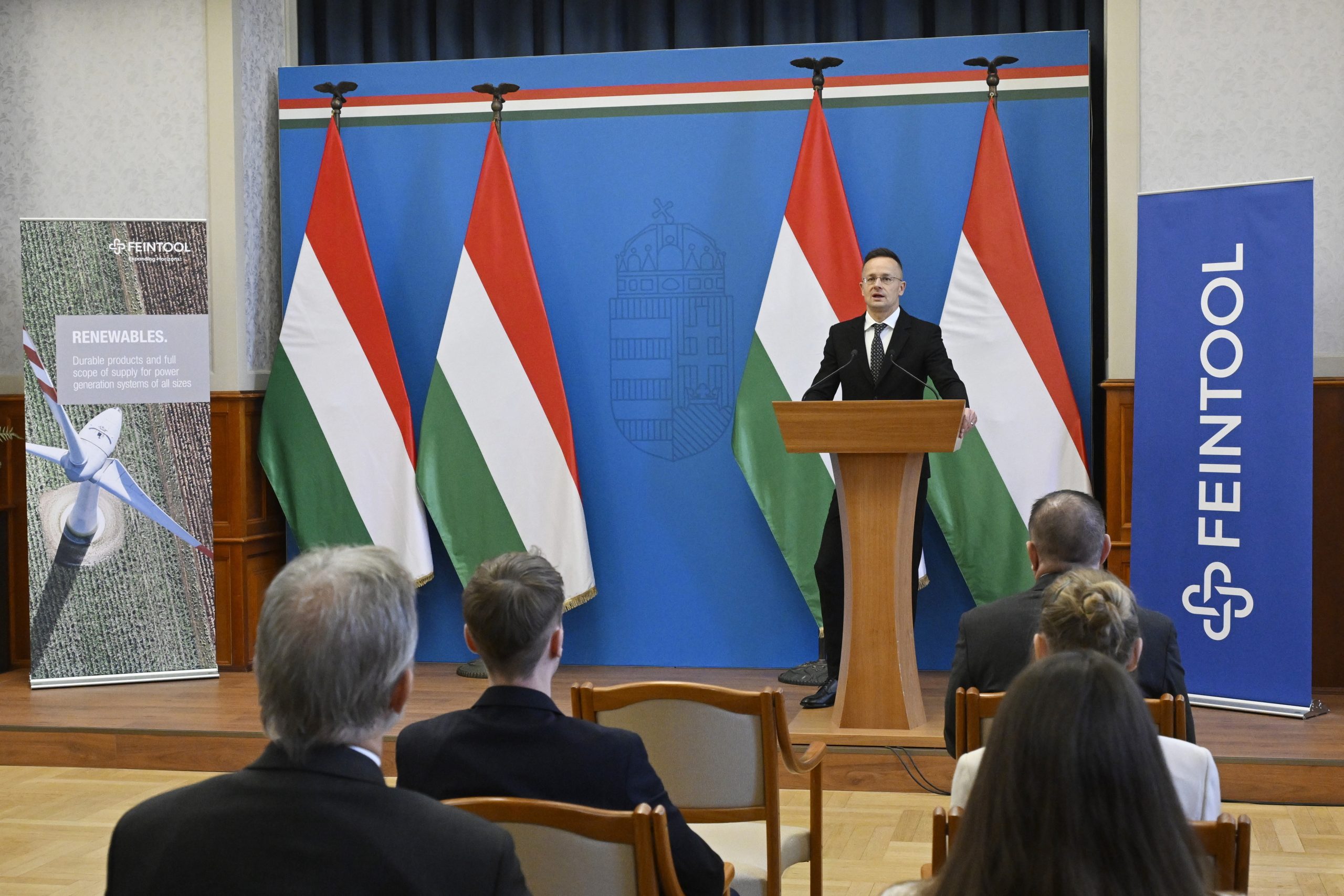
Feintool cited several reasons for its decision, including high energy costs, and a weak economy.Continue reading

Hungary is positioning itself as one of Europe’s most attractive investment environments, with a particular focus on the burgeoning electric car industry. Minister of Foreign Affairs and Trade Péter Szijjártó made these remarks during the announcement of a major investment by Swiss-based company Feintool System Parts Tokod. This expansion, valued at approximately HUF 13 billion (EUR 31 million), will significantly boost Hungary’s role in the European electric car supply chain.
The investment will support the electric vehicle sector by increasing the production of motor and alternator cores in Tokod, northern Hungary, to meet new orders from Volvo. This expansion is expected to stabilize the number of employees at over 300, providing a new impetus for Hungary’s growing role in the electric car transition, which the politician described as one of the “most important winners” both in Europe and globally.
Minister Szijjártó noted that
Hungary has become a major destination for foreign investment, particularly with companies like Feintool, strengthening Hungary’s standing in the global automotive industry.
He pointed out that Swiss companies are the ninth largest foreign investor community in Hungary, with nearly 900 companies employing around 30,000 people.
The announcement highlights a broader trend in Hungary’s economic success, especially in Komárom-Esztergom County. Over the last decade, the county has seen 140 major investments, worth over HUF 2,000 billion (EUR 4.8 billion), creating roughly 12,000 new jobs. This region has become an essential contributor to Hungary’s GDP, reinforcing its position as a key player in the nation’s economic performance.
Despite the ongoing global challenges—such as restrictive trade measures and armed conflicts—Mr. Szijjártó emphasized Hungary’s resilience. He noted that the country’s positive standing in international financial markets is a testament to its economic strength.
The minister also pointed to Hungary’s historical employment record, with over one million additional people now employed in Hungary compared to 14-15 years ago. With 4.7 million people in work, this sets a strong foundation for continued economic growth, which Hungary is well-positioned to achieve, Péter Szijjártó explained.
He also stressed the importance of global peace for the future of the global economy.
As Hungary is deeply integrated into international markets, it is crucial that the global environment shifts toward peace to ensure sustained economic growth.
According to him, while Hungary has made remarkable progress, the dynamic, peaceful growth of the global economy is necessary for long-term prosperity.
Hungary’s forward-thinking approach to investment and its strategic positioning in the electric car transition suggest that it will remain a major economic player in the coming years, driving growth both regionally and globally.
Via MTI; Featured image via MTI/Lakatos Péter